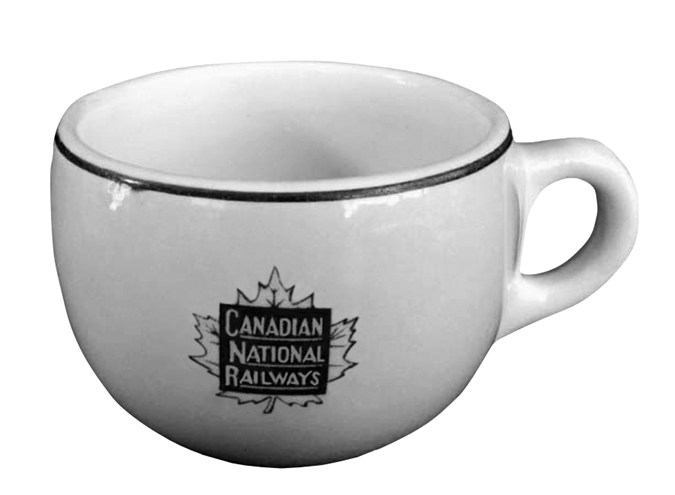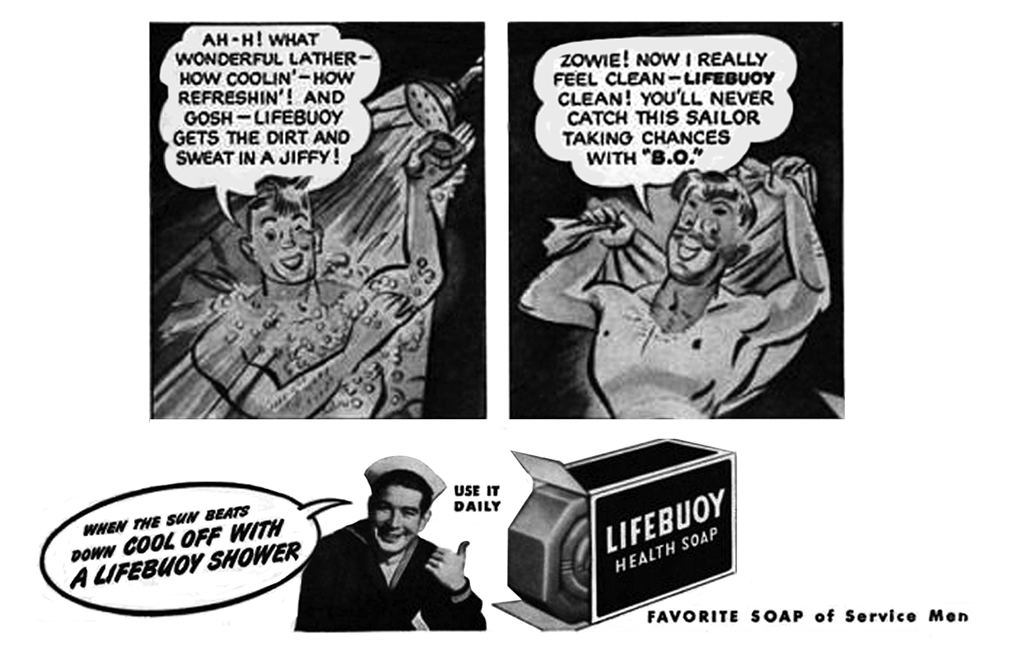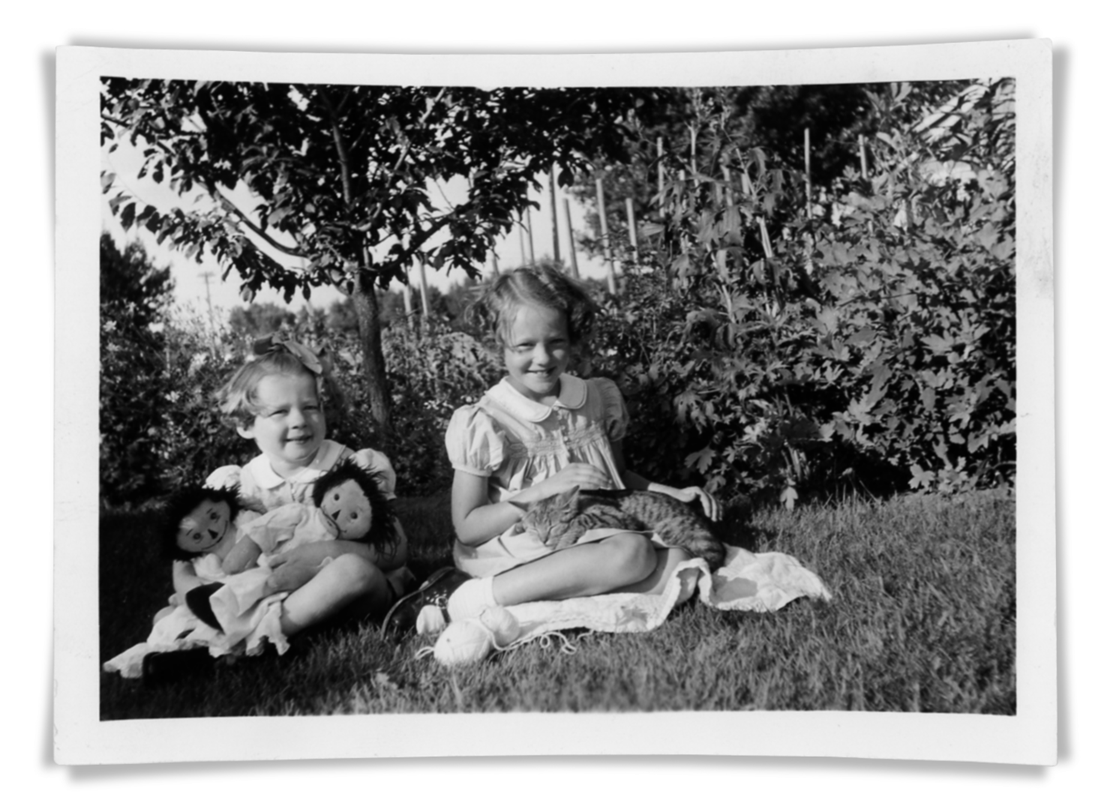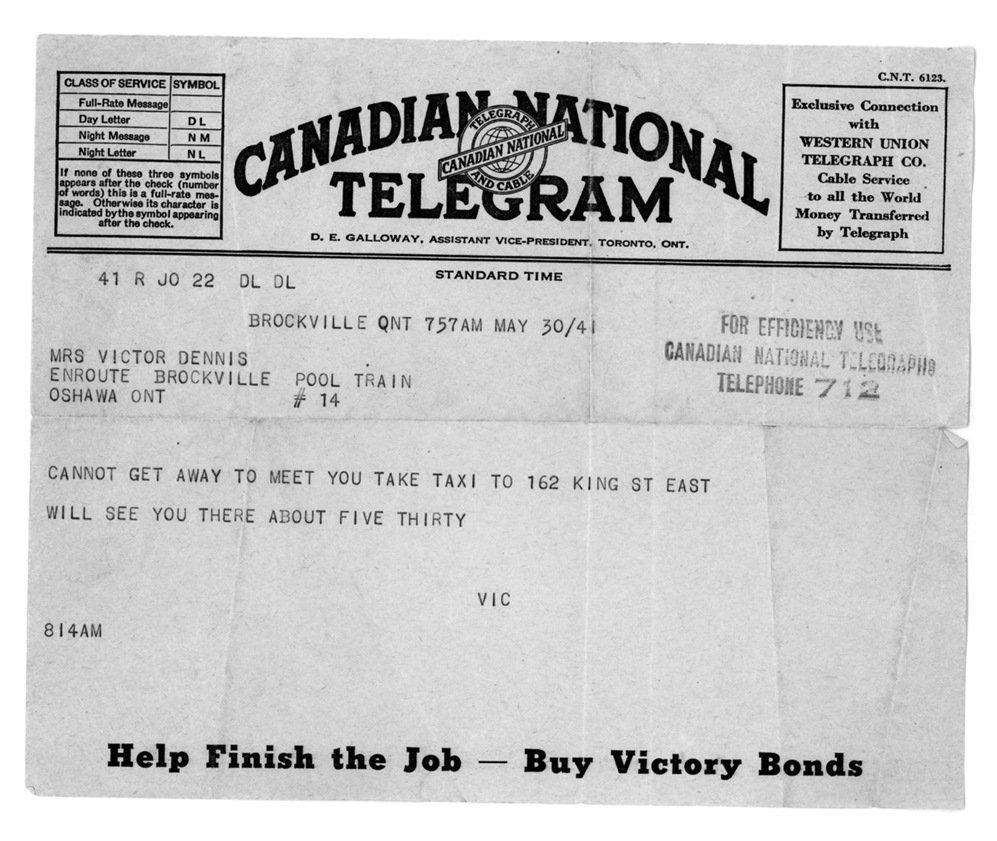CHAPTER ONE - Following Father
My four-year-old sister Barbara and I lay wide-eyed, jostling against one another in an upper berth on a Canadian National Railways train speeding through the northern Ontario wilderness.
It was late May of 1941, I had just turned seven, and the war that had been preoccupying the world for almost two years was now beginning to affect our family.
The engine belched black smoke into the star-studded sky and soot sprayed against the windows as the wheels clackety-clacked along the tracks, steel on steel. Ta da ta DA ta da ta DA they chanted, repeating their endless percussion mile after mile.
Although it was late, we were not at all sleepy. There was no sound from the lower berth where our two-year-old brother Roger had drifted off to sleep. Mother was in the washroom, vomiting. She’d told us ahead of time this would happen.
‘I always get sick when I travel,’ she confessed, ‘but I’ll put up with anything to be with your father again.’
Our father, Lieutenant Frederick Victor Dennis of The Winnipeg Grenadiers, had been sent to Brockville, Ontario, for combat training. Although he had worked for the Bank of Montreal since coming to Canada from England in 1930, Father was a military man at heart. He had been a member of the Honourable Artillery Company in London, which to this day remains the oldest regiment in the British army. Throughout his life, Father talked with great pride about his affiliation with this venerable institution, and Mother saw to it that when he died in 1969, he wore his regimental tie proudly to his grave.
When he’d come to Canada, my father had left behind his family in Essex, England, and my parents had journeyed there on their honeymoon in January 1932, so that my mother could meet his father and stepmother, his sister Elsie and his half-sister Mary, who had Down’s Syndrome. Father also had a brother, Stanley, who lived in India, a married sister, Rilla, in Singapore, and two nieces, the daughters of his deceased sister May, in New Zealand.
Although we had never met any members of the Dennis family, we felt we knew them well, as they corresponded regularly with Mother, and she made sure that she kept in touch with them all throughout the war, telling them news of our family, and sending them parcels to help them deal with the severe rationing in Britain.
Father had been a member of the Grenadiers Reserve Force for some years before the war, and had been called to active duty on September 3, 1939, the day Britain declared war against Germany, and also the day that my brother was born.
In that May of 1941, our mother Lucy, fearing that Father would soon be sent overseas, had decided to pack up and follow him to Brockville. She’d rented out our Winnipeg house for the summer to an air force family from Calgary whose father had been sent to Winnipeg for training. She’d also put our old Graham sedan up on blocks in the garage. She didn’t actually do this herself; Ivan the mechanic from the Grosvenor Service Station came and did it for her.
‘This will be a long summer holiday,’ she had promised, as she took me out of class at Grosvenor School a month before the end of the school year.
Now we were on a train lurching loudly eastward across the Canadian Shield.
I couldn’t get comfortable in the strange bed. The starched sheets felt stiff and slippery, and the grey wool blanket, emblazoned with the CNR crest, scratched my chin. I lay there thinking about what would happen if Mother didn’t get better. Would ambulance men come and take her off the train to a hospital in a strange city? A few years ago Grandpa Cooper had been taken away in an ambulance, and the next day he died. If Mother died, I thought, what would happen to us? How would Daddy ever know where we were? But I couldn’t ask Mother these questions.
I knew she’d be cross and call me a worrywart and tell me to be quiet.
‘I wonder what time it is?’ said Barbara, rolling over and poking her blonde head out between the curtains. ‘I see Mummy.
She’s coming back from the Ladies’ Room.’ Barbara said the words ‘Ladies’ Room’ in a singsong voice. It was a new word to her, and she liked the sound of it. At four, she found all of life to be a great adventure.
I leaned over and stuck my head out too. Mother, in dressing gown and slippers, was walking unsteadily back from the washroom. Her auburn hair, usually so shiny and neatly combed, hung in limp wisps around her ears, and her hazel eyes were red-rimmed and filled with unshed tears.
‘Aren’t you asleep yet?’ Mother sounded tired and cross.
‘No. I can’t get to sleep,’ Barbara told her. ‘The train is too bumpy. Can I have a drink of water?’
‘May I, please.’ Mother had been a schoolteacher, and always insisted on correct manners and grammar. ‘All right, just one more, and then you must settle down. It’s almost midnight,’ she said in a weary voice.
We watched as she lurched along the aisle between the rows of dark green curtains on her way to the water cooler at the end of the coach. Suddenly the porter appeared, his black face shining above his immaculate snow-white jacket. His step was rhythmic and graceful.
‘Is something wrong, Ma’am?’ he asked.
‘Oh no, everything’s fine, but my daughter wants a drink of water.’
‘I’ll get it,’ he said cheerfully, his eyes twinkling as he winked at us. He disappeared around the corner and came back carrying a little cone-shaped paper cup filled to the brim with ice-cold, metallic-tasting water from the train’s cooler. Reaching for the cup, Barbara stared at the porter’s hands.
‘Why are your hands black and your nails pink?’ she asked.
‘Hush!’ said Mother, flushing.
‘That’s just the way God made ‘em, Miss. Now you’d better get to sleep.’
He turned to Mother. ‘Don’t you worry, now, Ma’am. If you need anything more, just ring the bell.’ He paused for a moment, looking at her worried face, and added in a soft voice, ‘I’m here to look after you.’Then he stepped briskly away.
‘Are you still sick?’ I asked.
‘No, I’m feeling better. The porter gave me some pills. Now you girls go to sleep right away. You’ll be worn out tomorrow.’
Mother parted the curtains and climbed into the lower berth beside Roger. We fell back into our small space and in a few minutes dozed off, lulled by the motion of the wheels, their rhythmic lullaby singing behind my sleepy eyes. Rocks and trees rocks and trees rocks and trees, they repeated over and over again.
At dawn we were jolted awake as the train screeched into a station, bell ringing and brakes squealing and steam hissing.
Sleep was now impossible. People were embarking and disembarking, calling hellos and good-byes and all-aboards, and dragging luggage in and out of the sleeping car. There were whistles and loud voices and doors rattling and banging. Mother and Roger were awake too. The train chugged into motion again, alive with morning activity.
‘First call for breakfast!’ chanted a man in a white coat as he made his way through the coaches ringing a little silver bell.
‘Who’s that?’ I asked Mother.
‘The steward from the dining car. We’ll go there for breakfast as soon as we’re dressed.’
Mother shepherded the three of us into the ladies’ room where half-dressed women were performing their morning ablutions, splashing about in silver-coloured washbasins. The water sloshed from side to side with the motion of the train, and the women stepped forward and back, forward and back, as if engaged in some ritual dance, lathering and rinsing, brushing and combing, scrubbing and spitting. The toilet was in a little room all by itself, and Mother let me go in without her.
‘But don’t touch the seat with your hands,’ she warned.
‘Remember, toilet seats are covered with germs.’ Mother said this whenever we had to use a strange washroom. I always looked for the germs but never saw any. I imagined them, red and slimy and wriggling, crawling all over each other in their haste to climb onto my hands and make me sick.
The train was going really fast now and it was hard not to fall off the seat, but I planted my feet firmly on the floor and held tightly to the soot-covered window ledge. When I had finished going, I stepped on the floor pedal and suddenly the bottom of the toilet opened up. Amazed, I watched the track rush by, catching my pee as it went. Mother was waiting with Barbara and Roger when I came out, and we made our way to the dining car for breakfast.

The dining car gleamed, all white and silver. CNR-mono-grammed flatware and silver coffeepots and teapots glittered against the crisp white linen table-cloths, and the napkins were so big they covered me from my chin all the way down to my knees. Toast and butter and cereal and jam appeared as if by magic in silver-covered dishes. The stewards, all in white with black bow ties, stepped gracefully between the tables, balancing their trays like acrobats against the motion of the train.
If only I could do that, I thought. It looked so easy, but I knew it wasn’t. One time when Mother and Dad had guests, I’d begged to be allowed to carry the dessert to the table. It was an angel cake topped with strawberries and whipped cream. I had tipped the heavy plate, and the cake would have landed on the floor if Mother hadn’t rescued it in time, reaching from behind me to steady the plate.
An older man and woman were seated across the aisle from us. They smiled, and Mother smiled back. I glanced at them shyly.
Out of the corner of my eye, I noticed the man had no hair at all.
Barbara noticed too.
‘What happened to that man’s hair?’ she asked.
‘That’s not polite,’ said Mother, but the man laughed.

‘I washed it with Lifebuoy Soap and it just disappeared,’ he said. ‘Don’t ever wash your hair with Lifebuoy Soap!’
‘Lifebuoy! From head to toe it stops BO,’ chanted Barbara.
She loved to sing radio jingles.
‘Barbara, don’t be silly,’ said Mother, blushing.
When we returned to the sleeping car after breakfast, our beds had disappeared.
‘Oh look, Mummy! Seats! They’re so soft,’ I said, sitting down and running my hands over the smooth green velvet cushions. ‘But what happened to the beds?’
‘The porter folds them up during the day.’
‘Where are the blankets and pillows?’
‘Stored away in the top berth.’ Mother smiled. ‘We’re having lots of new experiences, aren’t we?’
We spent the morning gazing out the windows as the forests flew past in a blur of long green scarves. From time to time when the train pulled into a station, we watched people coming and going on the platform, hugging and kissing each other hello or good-bye. Some of them were crying. Many of the men were in uniform and I wondered if they were saying good-bye to families who wouldn’t be seeing them again for a very long time. We saw luggage being loaded onto big-wheeled carts pulled by men in red caps. When we got tired of looking out the window, we played with Raggedy Ann and Raggedy Andy while Roger toddled up and down the aisle, or lined up his dinky cars on the window ledge.
Raggedy Ann and Andy were very real to us. Through them we were able to express many of the thoughts that bothered us, and we made them do and say things that we ourselves would never have been allowed to do or say. So that morning on the train we imagined that Raggedy Ann and Andy, very excited to be having a new adventure, jumped up and down on the seats and talked to each other in such loud voices that we had to be very cross with them.
‘Ann, you have to be quiet,’ I said. ‘If you don’t behave, you’ll get us thrown off the train!’

Barbara with Raggedy Ann and Andy, and me with Snoopy the cat, summer 1941
‘But this is fun, isn’t it, Andy?’ said Raggedy Ann, grinning from ear to ear.
‘Yep, sure is!’ answered Andy, his grin matching Ann’s.
‘I think we’d better put them down for a nap,’ I said.
Barbara agreed. ‘They’re being much too silly,’ she said.
She wrapped Andy in a blue doll blanket and laid him on the seat beside her. I laid Ann down too, and covered her with a pink doll blanket. The two Raggedys kept giggling for a while, but we wouldn’t let them get up, and after a while they both fell asleep.
For lunch we ate the cheese sandwiches and oranges that Mother had brought from home.
‘It’s too expensive to eat every meal in the dining car,’ she said.
In the afternoon we visited the parlour car. The smell of cigar smoke and soot tickled our noses. Passengers sat in big soft chairs and sofas, reading and smoking.
Roger took his afternoon nap on the seat beside Mother, who read to us from Alice in Wonderland while he slept.
The train was full of soldiers, most of them very young. They patted Roger on the head and laughed at Barbara. They had pet names for her: Sweetheart, Honey and Bright Eyes.
‘Hey, Bright Eyes, want a treat?’ they asked, reaching into their pockets and pulling out Lifesavers and Wrigley’s Spearmint Gum.
‘Thank you,’ said Barbara, smiling.
‘You’re welcome, Sweetheart.’
They paid little attention to me, a scrawny, shy seven-year-old with two enormous newly erupted teeth protruding over my lower lip. They make me look ugly, I thought, wishing that I was cute like my sister.
As evening approached, we went to the dining car for dinner.
When we returned to the sleeping car once again the seats had been transformed into beds. That night, we all fell asleep right away. We were becoming travel-weary. On the morning of the second day Mother received a telegram from Daddy.

We arrived in Brockville early that afternoon. Though tired and disappointed that Daddy couldn’t be there to help us get settled, Mother soldiered on. A redcap helped us load our luggage into a taxi; there was a lot of it, for Mother was planning to stay all summer long.